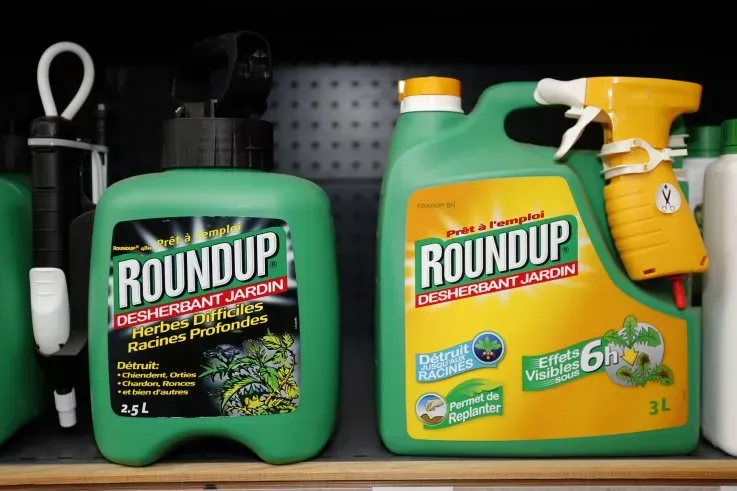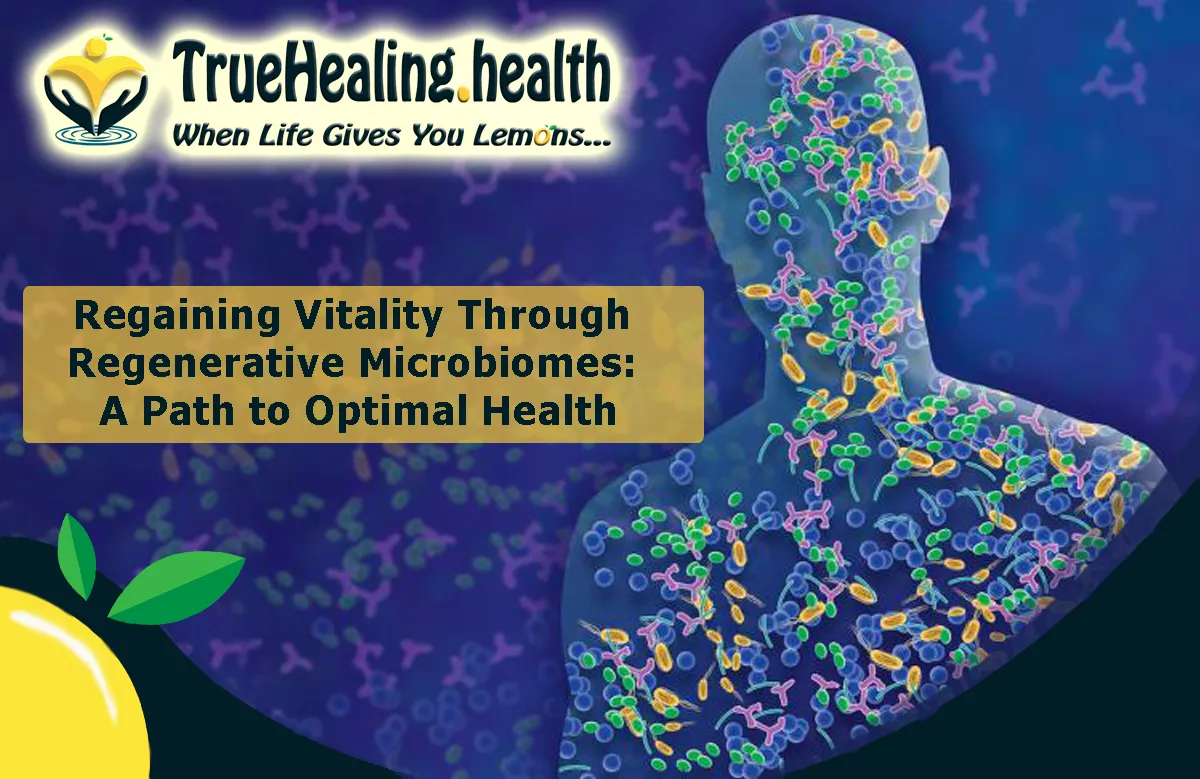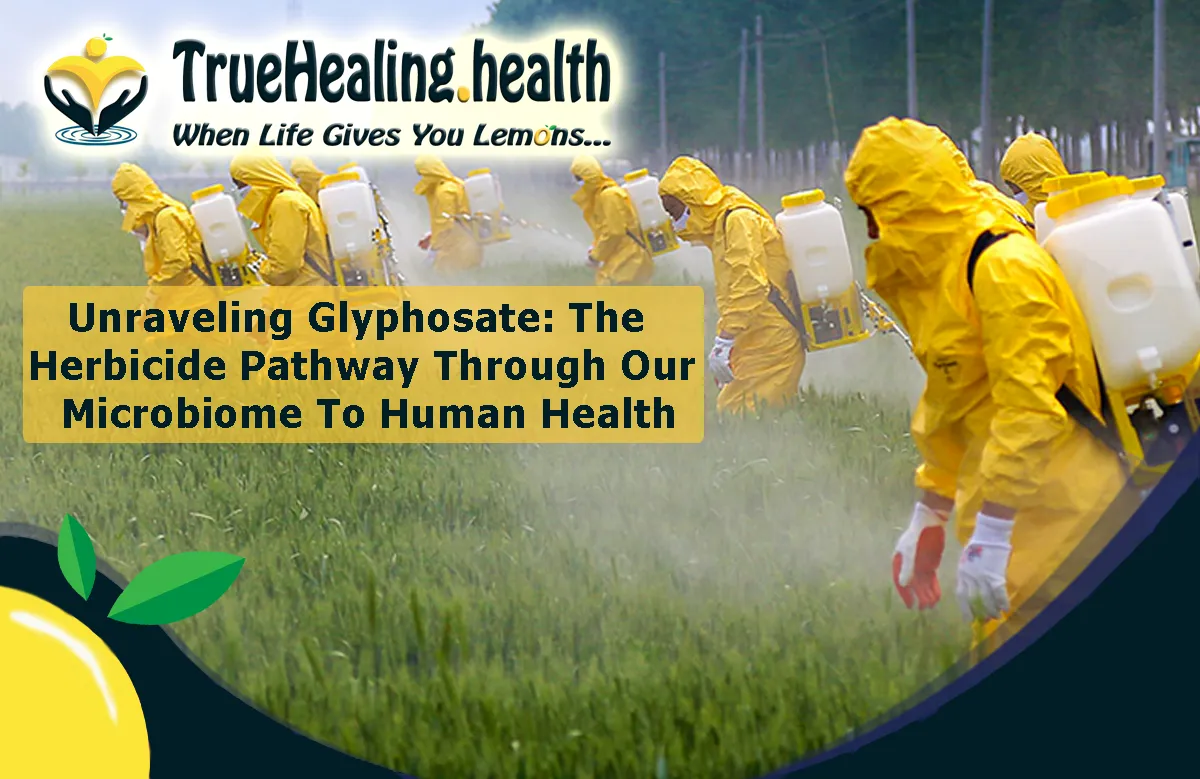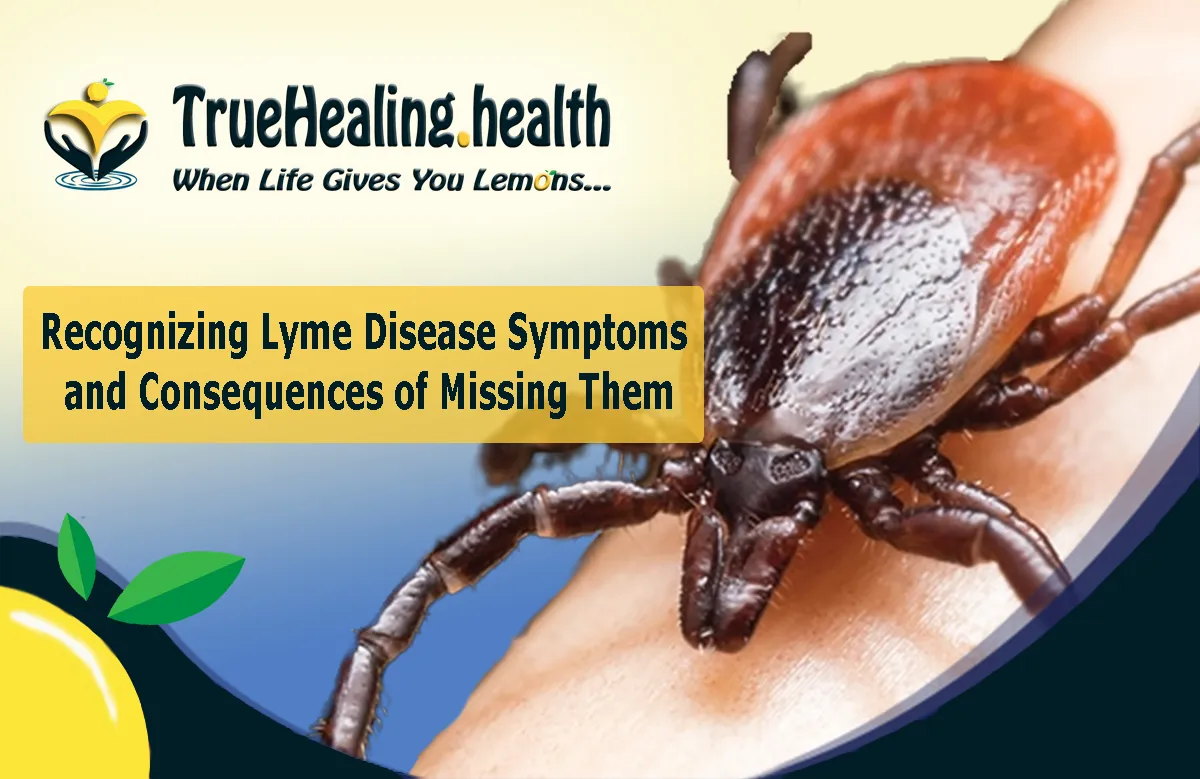Unraveling Glyphosate: The Herbicide Pathway Through Our Microbiome To Human Health
In an era where health and wellness are at the forefront of discussions, understanding the elements we are exposed to and their impacts on our health has never been more critical.
This article aims to unravel the complex relationship between Glyphosate, a widely used herbicide, its journey through our microbiome, and its potential effects on human health.
Considering the global prevalence of glyphosate-based herbicides and the rise in chronic diseases, dissecting the role of this compound provides insights into potential health risks and preventative measures that can be adopted.
Content List:
- Glyphosate: More Than Just An Herbicide
- A Primer on The Human Microbiome
- The Glyphosate and Microbiome Intersection
- Is There A Link Between Glyphosate and Chronic Kidney Disease?
- Unveiling Glyphosate Residues in Human and Animal Systems
- Glyphosate and the Gut: A Pathway to Modern Diseases?
- Deciphering Glyphosate: The Gut Microbiome Connection
- Glyphosate and the Environment: A Larger Perspective
- Glyphosate: Unmasking Health Risks and the Path Forward
- Conclusion

Glyphosate: More Than Just An Herbicide
glyphosate is a broad-spectrum herbicide that has been extensively used in agriculture, gardening, and plantations since its introduction in the 1970s. Known for its role in controlling unwanted vegetation, glyphosate's popularity stems from its efficiency and effectiveness. The wide use of glyphosate also implies a high level of exposure to humans. Research demonstrates that glyphosate residues can be found in soil, water, and food, leading to unintentional ingestion by humans and animals. This pervasive exposure has raised concern about the potential health effects of glyphosate. Glyphosate has been shown to potentially alter the human gut microbiome, which plays a crucial role in human health.
A Primer on The Human Microbiome
The human microbiome refers to all the microorganisms that inhabit the human body, with a significant proportion located in the gut. These diverse microorganisms, including bacteria, fungi, and viruses, play essential roles in our health, influencing our metabolism, immune response, and possibly even our mood. Any disruption to the natural balance of our microbiome can potentially lead to health issues, from digestive disorders to chronic diseases. Human and animal health can be affected by glyphosate, with evidence suggesting its toxicity can lead to chronic health consequences.
The Glyphosate and Microbiome Intersection
Glyphosate may interact with our microbiome in a variety of ways. Some studies have shown that glyphosate can alter the composition of the gut microbiome, leading to a decrease in beneficial bacteria and an increase in harmful ones. This imbalance, known as dysbiosis, can negatively impact our health and potentially contribute to the development of chronic diseases. Moreover, glyphosate could affect the normal functioning of bacteria in our gut, disrupting their role in nutrient absorption and immune function.
Is There A Link Between Glyphosate and Chronic Kidney Disease?
Glyphosate levels in the environment have significantly risen due to its widespread use, leading to an increased concentration of glyphosate in biofluids like human urine. Chronic Kidney Disease (CKD), particularly kidney disease of unknown origin, has been on the rise in various regions worldwide. Intriguingly, some studies suggest a potential connection between glyphosate exposure and the development of this disease. While ongoing research is yet to provide definitive evidence, these findings underscore the potential health risks associated with glyphosate and the need for further exploration.
Unveiling Glyphosate Residues in Human and Animal Systems
Given its widespread use, glyphosate residues can persist in our systems and the environment. Studies have detected the presence of glyphosate in human urine, suggesting exposure to this herbicide. Similarly, glyphosate residues have been found in animals, raising concerns about potential health risks associated with long-term exposure. The studies indicate that both humans and animals exposed to glyphosate could experience adverse health effects.
Glyphosate and the Gut: A Pathway to Modern Diseases?
The gut microbiome is a key player in maintaining our overall health. Recent studies have highlighted a potential link between glyphosate exposure and disruptions in our gut microbiome balance or dysbiosis, paving the pathway to modern diseases. Glyphosate residues have been found in the human gut, potentially leading to adverse effects on the microbiome's composition and function. This could impact the development of diseases like chronic kidney disease of unknown origin and other health issues.

Deciphering Glyphosate: The Gut Microbiome Connection
The interaction between glyphosate and the gut microbiome is complex. Glyphosate targets a specific pathway in plants and bacteria, disrupting their growth and survival. This pathway is not present in human cells; hence, glyphosate was initially considered safe for humans. However, this pathway is present in our gut bacteria, indicating that exposure to glyphosate could potentially impact our microbiota.
Some studies have shown that glyphosate can affect the balance and diversity of the gut microbiome, which are crucial for maintaining our health. Changes in the microbiome composition could potentially influence our immune response, nutrient absorption, and susceptibility to diseases.
Glyphosate and the Environment: A Larger Perspective
Glyphosate's impact extends beyond individual health to affect the broader environment. As a herbicide, glyphosate is heavily used in agriculture. Its residues can be carried by wind, rain, and soil erosion, spreading its presence beyond the applied areas. Glyphosate and its major degradation product, aminomethylphosphonic acid (AMPA), have been detected in various environmental compartments, including soil, surface water, and groundwater. The concentration of glyphosate in our environment is concerning, given the potential impact on human health. It raises concerns about its potential impact on non-target organisms and ecosystems.
Glyphosate application to crops, particularly genetically modified ones designed to be highly resistant to glyphosate, can lead to development of glyphosate-resistant weeds. This necessitates using even more herbicides, creating a vicious cycle of increased herbicide use and resistance.
Glyphosate: Unmasking Health Risks and the Path Forward
Given the pervasive exposure to glyphosate and the growing body of research suggesting potential health and environmental impacts, reassessing our glyphosate use may be necessary.
The International Agency for Research on Cancer has classified glyphosate as a probable human carcinogen, highlighting the need for cautious use. Several countries have already taken steps to reduce glyphosate’s use, promoting alternative weed management strategies.
Further research is needed to understand the extent of glyphosate's impact on human microbiota and its long-term health outcomes. This involves the study of low levels of glyphosate exposure and the cumulative effects of glyphosate and other chemical exposures.

Conclusion:
This comprehensive article unravels the intricate relationship of Glyphosate, a common herbicide, with the human microbiome and its potential implications on human health.
Considering the widespread use of glyphosate-based herbicides and the surge in chronic diseases, understanding this herbicide's role provides crucial insights into potential health challenges and preventative measures.
This article delves into glyphosate's environmental and biological interactions and discusses future pathways toward more sustainable practices. The health and environmental impacts of glyphosate, including effects on the immune system and ecological impacts, underscore the need to evaluate this common herbicide thoroughly.
Key Points
- Glyphosate, a broad-spectrum herbicide, is ubiquitously found in our environment, leading to unavoidable exposure to humans and animals.
- Glyphosate can interact with the human microbiome, potentially leading to dysbiosis or a microbial imbalance, which could contribute to the development of chronic diseases.
- Emerging studies suggest a potential link between glyphosate exposure and the development of chronic kidney disease of unknown etiology.
- Glyphosate residues can persistently stay in our system and environment, raising concerns about long-term health risks. Glyphosate's impact extends beyond human health, affecting the broader environment, leading to concerns like glyphosate-resistant weeds and potential impacts on non-target organisms.
- Given the mounting evidence and potential health risks, there's a growing need for further research and a reevaluation of glyphosate use globally.
- As we continue to understand glyphosate's story, it is imperative to minimize unnecessary exposures, advocate for further research into its health effects, and strive for more sustainable practices prioritizing human health and environmental preservation.
- Glyphosate's usage in agriculture has led to glyphosate residues in various crops and, subsequently, our food chain.
- The progression of chronic kidney disease of uncertain etiology has been linked in some studies to glyphosate-based herbicide exposure.
References:
- "Healing Secrets: The Wisdom of Your Microbiome with Dr. Zach Bush" - YouTube
- "Glyphosate Exposed: Unraveling the Research on its Hazards to Human Well-being" - Water For Health
- "Glyphosate, pathways to modern diseases II: Celiac sprue and gluten intolerance" - PMC
- "Glyphosate Exposed: Unraveling the Hidden Dangers of the World’s Most Widely Used Herbicide" - Colostrum Research Clearinghouse
- "Glyphosate’s Synergistic Toxicity in Combination with Other Factors as a Cause of Chronic Kidney Disease of Unknown Origin" - PMC
- "Glyphosate exposures and kidney injury biomarkers in infants and young children" - ScienceDirect
- "Review of Glyphosate-Based Herbicide and Aminomethylphosphonic Acid (AMPA): Environmental and Health Impacts" - ResearchGate
- "The Shikimate Pathway, Glyphosate, and Your Health: Unraveling the Impact" - Susama Ayurveda
- "Glyphosate-based herbicide exposure affects gut microbiota, anxiety and depression-like behaviors in mice" - ResearchGate.
Hashtags:
#Glyphosate #HerbicideExposure #ChronicKidneyDisease #UnravelGlyphosate #MicrobiomeImpact #PathwaysToDisease #GlyphosateRisks #HumanHealth #AnimalHealth #GlyphosateResidues #AdverseEffects #HealthRisks #UseOfGlyphosate #GlyphosateBasedHerbicide #UnknownEtiologyKidneyDisease


















